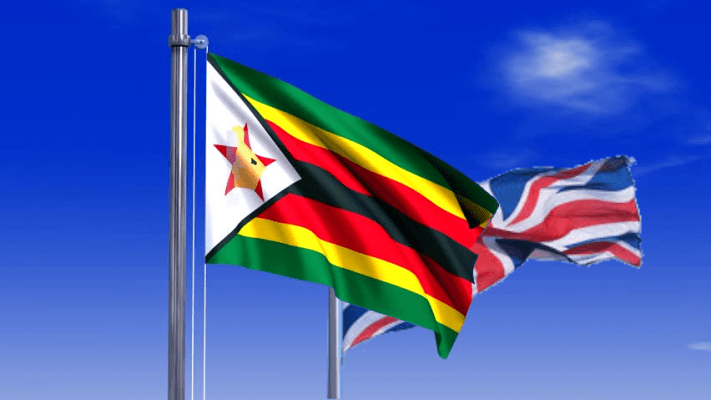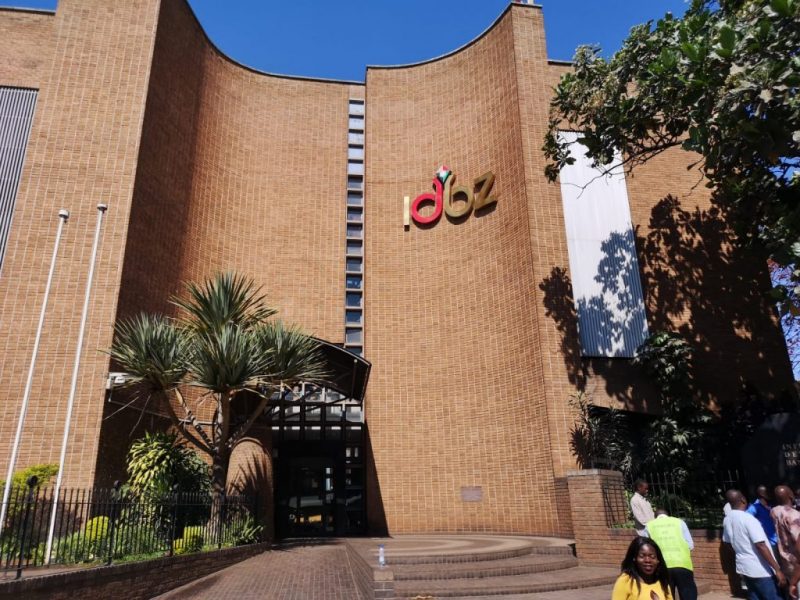IDBZ in need of US$500m
THE Infrastructure Development Bank of Zimbabwe says to effectively deliver on its mandate, it requires a capitalisation level in the region of US$500 million in the medium term and US$1 billion by 2030.
Officials say it’s critical for the bank to have a strong balance sheet to leverage on as it pursues project financing.
In a financial statement for the year
In a financial statement for the year ending 31 December, IDBZ chief executive officer, Mr Thomas Sakala said in line with the country’s Vision 2030, the development bank is committed to the reduction of the country’s housing backlog as it undertakes various housing development and student accommodation projects which were at various stages of implementation by end of last year.
He said by discharging its statutory mandate, the bank plays an important role in championing the country’s aspiration towards creating an Upper Middle-Economy as it contributes to the acceleration of economic transformation through creation of employment opportunities, foreign currency generation, and the development of irrigation infrastructure.
The bank is also responding to the national call for sustainable energy generation guided by the Nationally Determined Contributions through development of renewable energy projects, he added. However, to accelerate infrastructure growth, it needs more funding.
“Demonstrating strong shareholder support during the reporting period, the Bank received $2,43 billion (equivalent of US$6,89 million) for capitalisation.
“As at 31 December 2022, the Bank’s capitalisation was US$21,7 million. For the Bank to effectively deliver on its mandate, given the vast infrastructure deficit in the economy and benchmarking with other Development Finance Institutions (DFIs) of a similar nature, it requires a capitalisation level in the region of US$500 million in the medium term and US$1 billion by 2030,” said Mr Sakala.
In the period under review, the resources mobilised increased by 259 percent from ZW$2,2 billion in 2021 to $7,9 billion in 2022.
The bank managed to raise an equivalent of US$10,1 million for project implementation and the funds were for the ongoing Bulawayo Students Accommodation Complex (BSAC) (US$5,04 million), Waneka Phase III Housing Project (US$3,75 million) and Willsgrove Park Phase II Housing Project (US$1,27 million).
By the close of 2022, the Bank commenced fundraising for Phase 1 of the Lupane Students Accommodation Complex (LUSAC) which has a funding requirement estimated at US$19,8 million
IDBZ chairperson, Mr Joseph Mutizwa said last year, the bank witnessed commendable progress towards completion of the student accommodation project in Bulawayo.
The multi-purpose three blocks of flats complex dubbed “Bulawayo Students City” would have 516 rooms that are expected to accommodate 1 023 students.
Upon completion, the complex is expected to go a long way in easing accommodation challenges for tertiary students in the city.
The facility is self-contained as it would have fast food outlets, shops, salons, and sporting facilities.
“This project supports the country’s development thrust under Vision 2030 and fulfils the objective of the National Development Strategy 1, to strengthen social infrastructure and social safety nets.
“The Bank also supported players in the irrigation value chain, housing development, road construction and manufacturing sectors. The Bank continues to identify, prepare and develop projects in its focus sectors outlined in its Long Term Strategy: 2021-2030 (LTS).”
He said it’s critical for the bank to have a strong balance sheet to leverage on as it pursues project financing.
“Section 5.1 of the bank’s Long Term Strategy clearly outlines the bank’s resource mobilisation and capitalisation roadmap whose elements include staged equity raisings from the shareholders, cession of land assets by government, syndication and risk sharing, issuance of infrastructure bonds, engagement of strategic partners and investors, and credit lines.
“A strong balance sheet is critical for the bank to leverage on as it pursues project financing, strategic partnerships, public private partnerships, and climate finance institutions.”
The bank was established through the IDBZ Act (Chapter 24:14) to champion sustainable infrastructure development in Zimbabwe through mobilisation of resources, capacity building, knowledge generation and sharing in support of national efforts for inclusive socio-economic development.
-chronicle











